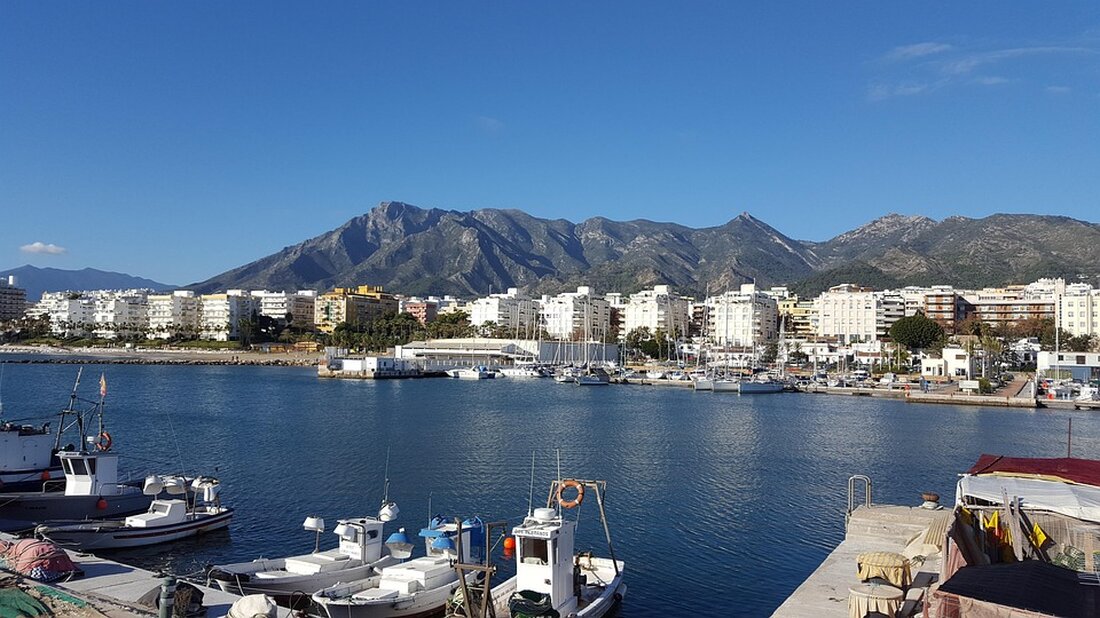Basking shark sighting in Marbella: Holidaymakers in danger or just panic?
Holidays in the Mediterranean: Sharks in Marbella and the climate crisis endanger the ecosystem. Current water temperatures alert experts.

Basking shark sighting in Marbella: Holidaymakers in danger or just panic?
With the beginning of the travel wave, many people are looking forward to their summer vacation in the popular countries on the Mediterranean, especially France, Italy and Spain. However, this time of year not only brings sun and relaxation, but also new challenges. Derwest reports on spectacular basking sharks that were recently spotted off the coast of Marbella. These sightings caused concern among some holidaymakers, even though basking sharks, which can grow up to 12 meters long, are generally considered harmless. They feed mainly on plankton and therefore pose no danger to humans.
However, a jet ski driver was not impressed by the spectacle and quickly ran away, while a recreational sports provider described the sighting as a sensation. Anyone spending their vacation on the Costa del Sol can rest assured: the presence of these majestic creatures does not pose any immediate danger.
Climate change and rising temperatures
However, there are more serious threats to the Mediterranean caused by the climate crisis. Water temperatures are rising to record highs. The water temperature on the coast of Fuengirola is currently around 23 degrees - a full degree higher than originally expected. The trend over the last 40 years shows a continuous warming of the Mediterranean, and forecasts suggest that temperatures could rise by up to two degrees in the southern Mediterranean and as much as four degrees in the northern Mediterranean by the end of the century, warn researchers from the Spanish Institute of Oceanography, as daily news reported.
In particular, a marine heat wave was observed in the summer of 2023, with water temperatures in some areas four degrees higher than in the comparable period from 1981 to 2012. A temperature difference of up to five degrees was sometimes recorded off the coasts of Algeria and Italy. The Intergovernmental Panel on Climate Change (IPCC) characterizes the Mediterranean as a “climate change hotspot”. This not only has an impact on water quality, but also on flora and fauna.
Consequences for the ecosystem
Rising temperatures have serious consequences for the Mediterranean ecosystem. An alarming event was the mass extinction of sponges, corals and sea grasses in 2022. These organisms are crucial for marine balance, as sea grass, for example, can store twice as much CO2 as forests on land. However, due to the higher water temperatures, some species of jellyfish and tropical fish, such as the lionfish, feel comfortable in these waters. It is believed that this invasive fish entered the Mediterranean via the Suez Canal and is now displacing native species.
In addition to the change in the ecosystem, meteorologists have also noted an increased risk of severe weather due to the high water temperatures. This phenomenon increases evaporation and has already led to extreme weather events such as floods in Slovenia and southern Austria. A record temperature of 46.8 degrees was even recorded in Valencia, over three degrees higher than the previous high.
It remains to be hoped that holidaymakers on the coast can have a safe and enjoyable time despite the challenges of climate change.

 Suche
Suche
 Mein Konto
Mein Konto